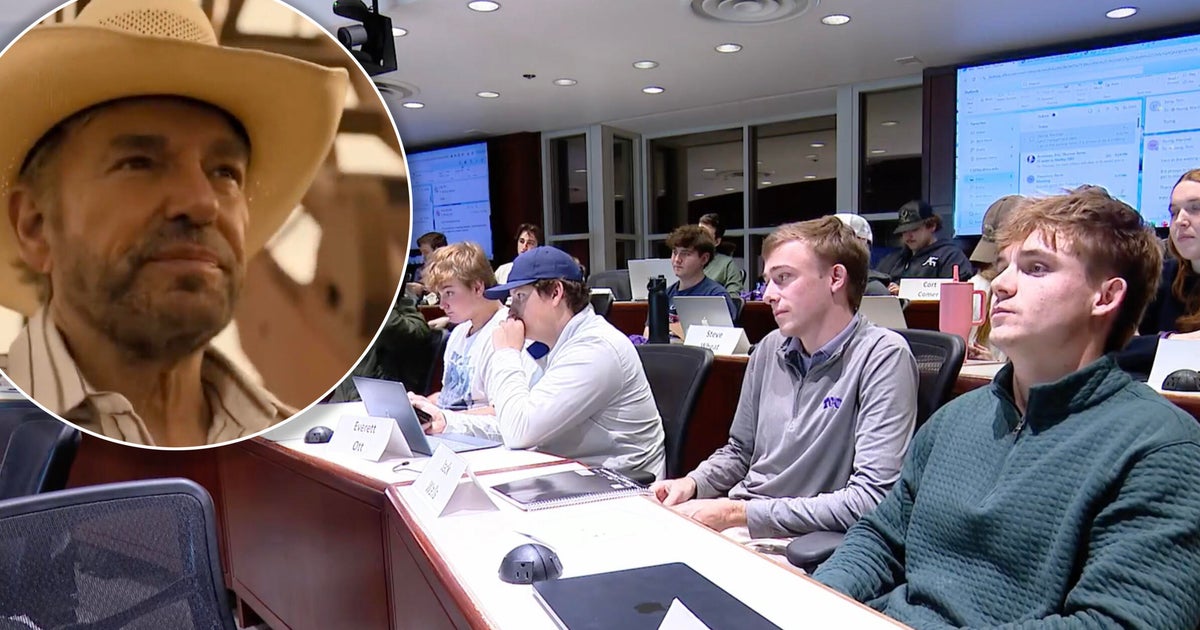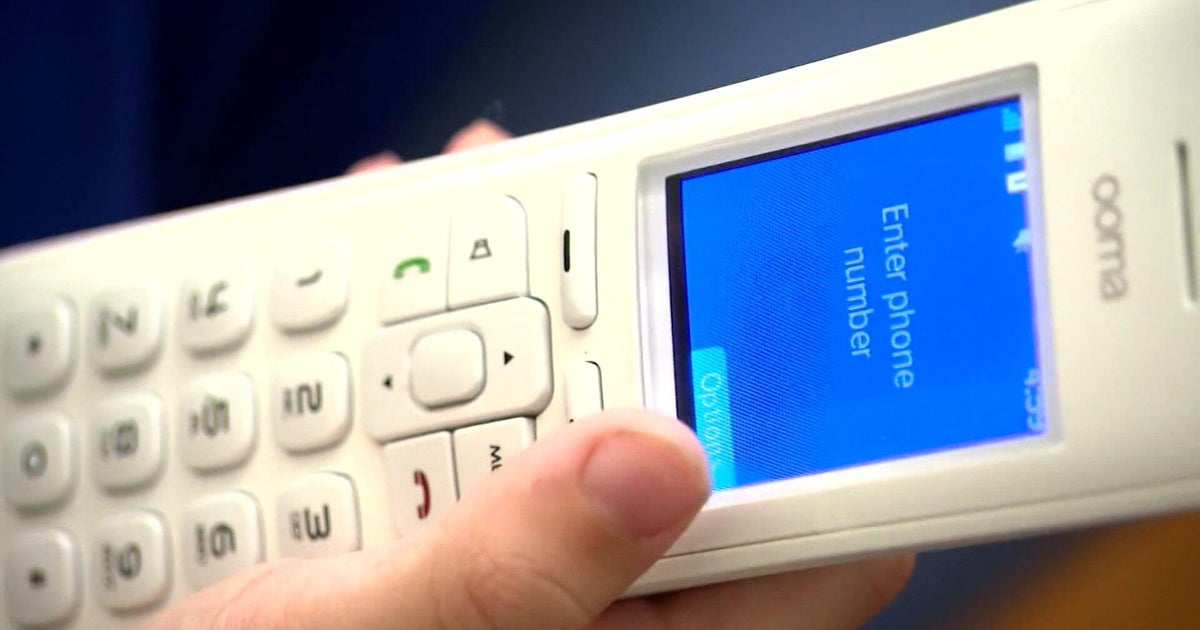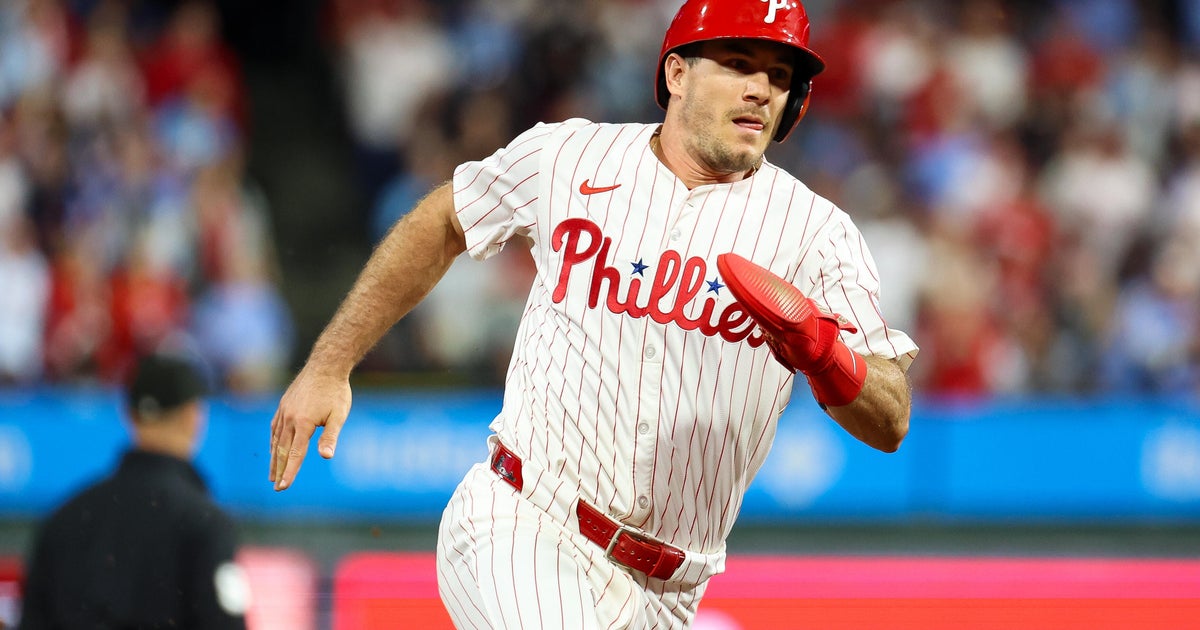Filipinos seeing more representation in new films, television
SUNNYVALE -- Asians represent seven percent of America's population, but only one percent of characters in children's TV shows, according to Common Sense Media. But that is changing.
There is a growing diversity to modern children's programming, and one new series is earning praise from many Filipino-American families.
When they read together, Aileen Ryan often chooses books that celebrate her two daughters' Filipino or Latino heritage.
"I think it's so important because I want them to see that they're represented," Ryan said.
Now, three-year-old Natalie and five-year-old Nadia can see kids who look like them in the new children's program, "Jelly, Ben, and Pogo." It debuted last fall on PBS Kids.
The animated series features Filipino-American characters Jelly, her brother Ben, and a sea monster, Pogo. Jalysa Leva created the series.
"PBS Kids was specifically asking for diversity," Leva said.
Leva also voices the character of Ben.
"Ben is a lot like my little brother, and I was a lot like Jelly. And the Dad character is the spitting image of my father," Leva explained.
Some of the stories draw from Leva's own childhood, and include Filipino food, culture, and living in an intergenerational household with a lola, or grandmother.
"I hope that Filipino American kids will feel seen and not only feel like who they are and their heritage is normal, but can be excited about it. Excited to share it," Leva said.
Online, Filipino Americans are also sharing their excitement in being portrayed in other recent movies and television shows.
In the box office hit "Spider-Man: No Way Home," Ned's lola speaks Tagalog. And in Cartoon Network's program "Craig of the Creek," a lola speaks Bisaya, a dialect less commonly heard in the media.
It's part of a growing trend toward greater diversity overall.
Mia Olufemi is supervising producer of "Alma's Way," a new PBS animated series about a Puerto Rican girl and her family in the Bronx.
"Only now is the animation field understanding that this sort of representation is crucial and essential for children to see," said Olufemi.
"Alma's Way," created by Sesame Street actress Sonia Manzano, is not a show about culture. But kids do get exposed to culture as it teaches all children to think and solve problems.
"Alma, by virtue of being who she is, is role model for all children," Olufemi said.
Ryan is happy to see that. She added, "I love how we're going in that direction, of including everyone."
And that means her daughters may gain what she did not: the validation, pride, and self-confidence that can come with viewing a more authentic representation of real life people on screen.







